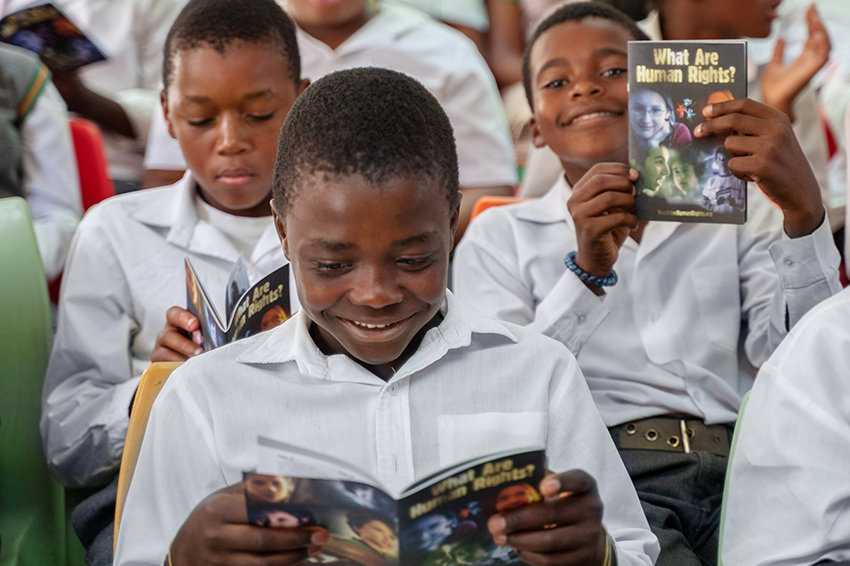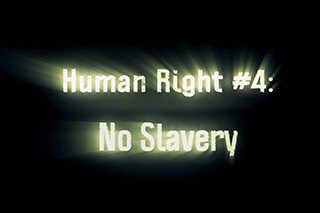Is It Possible to End Human Trafficking Through Education?

With the past two years of COVID-19, human trafficking has only gotten worse. Law enforcement and other government agency resources diverted onto vital pandemic response efforts has resulted in traffickers utilizing the crisis to expand their operations in many areas. It is estimated that 24.9 million people have been subjected to human trafficking around the world. About 25 percent of the victims are under 18, most of them women and girls.
“The pandemic has increased vulnerabilities to trafficking in persons, while making trafficking even harder to detect and leaving victims struggling to obtain help and access to justice,” said United Nations Office on Drugs and Crime (UNODC) Executive Director, Ghada Waly.
Human trafficking is defined as the recruitment, harboring, transportation, provisioning or obtaining of a person for labor or services through force, fraud or coercion for the purpose of subjection to involuntary servitude, debt bondage or slavery.
Youth for Human Rights International (YHRI) has been speaking out about modern-day slavery since 2001 and has raised awareness on this issue by educating youth on the United Nations Universal Declaration of Human Rights (UDHR).

“Today, the complex international scourge of modern-day slavery requires multiple approaches,” says YHRI founder and president Dr. Mary Shuttleworth. “We have to teach human rights, because if they know, people will not tolerate human trafficking going on in their areas.”
Youth for Human Rights International is encouraging young people to take the first step towards eradicating human slavery by enrolling on the human rights free interactive online course on youthforhumanrights.org/course. You will learn about your 30 human rights, their importance and history, you will understand why they are inherent in every human being.

